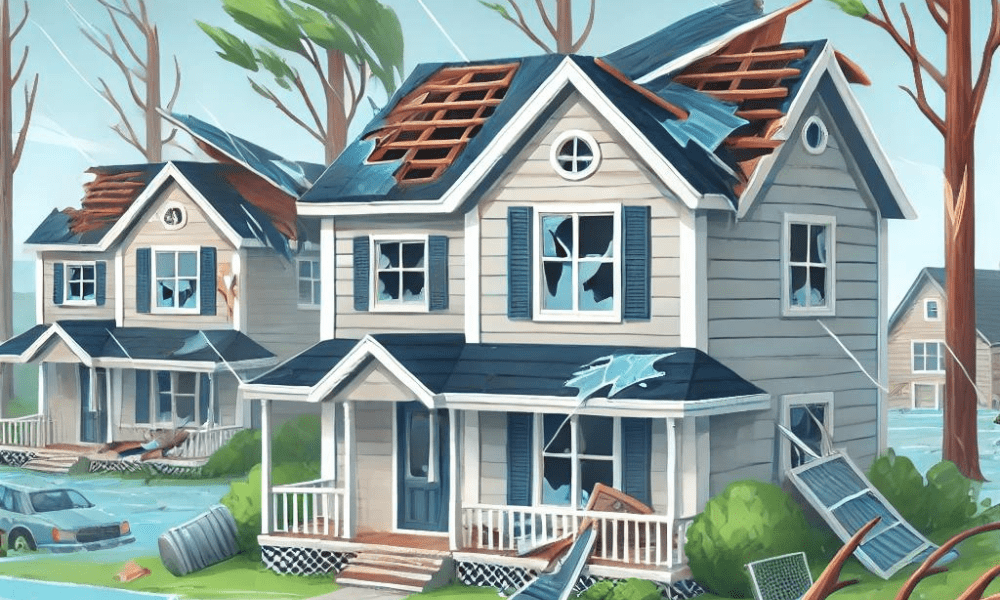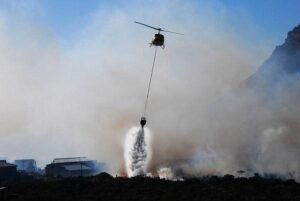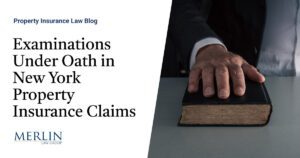Hurricane Beryl could cost TWIA half of its catastrophe reserve

Hurricane Beryl could cost TWIA half of its catastrophe reserve | Insurance Business Asia
Reinsurance
Hurricane Beryl could cost TWIA half of its catastrophe reserve
Committee mulling 10% rate hike to compensate
Reinsurance
By
Kenneth Araullo
Category 1 Hurricane Beryl may cost the Texas Windstorm Insurance Association (TWIA) about half of its over $450 million Catastrophe Reserve Trust Fund, according to chief actuary Jim Murphy.
The association said that it has received about 16,000 windstorm claims.
“It will be a significant storm for us,” Murphy said, and noted that 2024 is likely to be the third-costliest year for the association. He projected that TWIA will likely process over 20,000 claims, resulting in losses potentially exceeding $200 million.
According to a report by AM Best, the committee voted 5-1 to recommend that the TWIA board seek a 10% rate increase from the Texas Department of Insurance for residential and commercial policyholders, with board of directors vice chair Georgia Neblett dissenting.
An analysis released earlier this year indicated that the adequacy of TWIA’s current rates has deteriorated significantly. Residential rates are now inadequate by 38%, up 18% from the previous year, while commercial rate inadequacy has more than doubled to 45% from 22%.
The association also attributed the situation to an increase in policies, the need for more reinsurance, and economic inflation driving up construction labor and material costs. TWIA reported that reinsurance costs, a major fixed expense, rose 20.5% this year, accounting for 44% of residential coverage and 50.4% of commercial coverage.
At the meeting, Neblett emphasized the need for the state legislature to address a statewide insurance crisis, especially following the state’s largest wildfire earlier this year. She noted that achieving rate adequacy alone would not resolve all issues but would impact residents’ ability to live and work in the area.
Committee member David Futterlieb also proposed the motion for the 10% rate increases.
“I don’t think there are any easy answers,” he said, adding that waiting for legislative action should not prevent the committee from making necessary recommendations.
TWIA does not differentiate rates for primary and secondary or corporate-owned properties, a matter Neblett suggested the legislature should address.
In the first quarter, TWIA added over 25,000 policies compared to the previous year, with the total insured value of covered properties rising by 26.4%.
What are your thoughts on this story? Please feel free to share your comments below.
Keep up with the latest news and events
Join our mailing list, it’s free!





